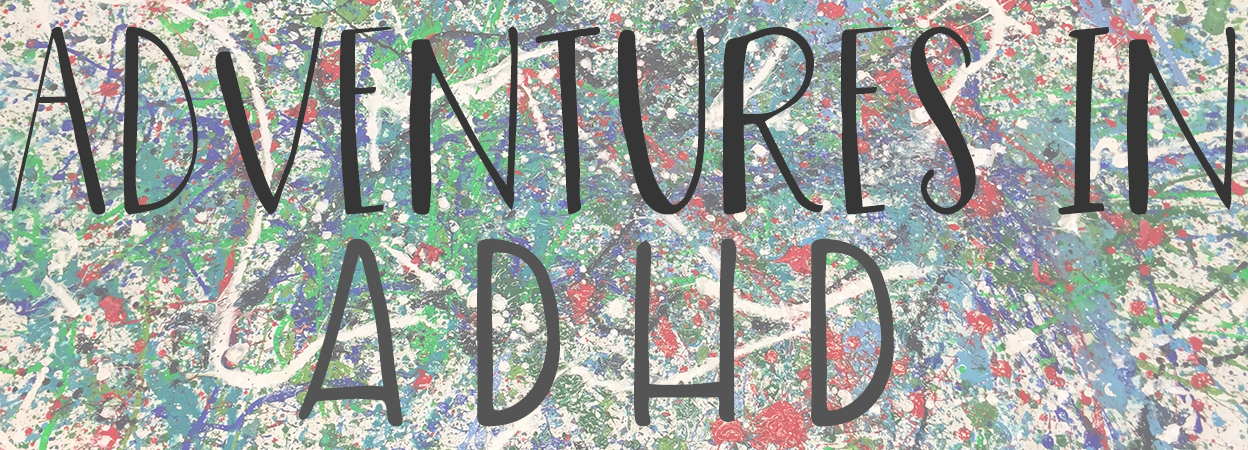Link: Anxiety and Disruptive Behavior in Children | Child Mind Institute
This article does a great job highlighting the importance of looking at the actions and behaviour of children and asking why?Sometimes the answer is clear, but often the behaviour seems to be out of nowhere, but we all know that all behaviour comes from somewhere. Sometimes the child knows and can articulate it and at other times the child has no idea either. At least not consciously.
Anxiety is often portrayed as the child who clings to a parent, who shuts down, doesn’t want to be a part of a crowd or who is afraid to talk to new people. This may be the case for some children with anxiety but not for all. This article by Child Mind Institute (https://childmind.org/article/how-anxiety-leads-to-disruptive-behavior/) highlights that at times anxiety can come across as outrage, anger, opposition or defiance. A child may enter into ‘fight or flight’ mode and at times may not know why. So next time your child is angry, aggressive, defiant or has a ‘temper tantrum’ and it isn’t clear what led to the outrage, consider anxiety as a potential underlying cause. The way we respond might look very different if the defiance is caused by anxiety and our ability to help the child calm down may be debilitated if we use ‘traditional behaviourist’ techniques. If anxiety is the underlying cause, helping the child feel secure and supported will go a lot further in descalatong the child. The key will be keeping calm ourselves in the eye of the storm to be the support the child needs rather than an escalator.
What strategies do you use to identify the underlying cause of the disruptive and defiant behaviour?What does anxiety look like in your child or in the students you work with?






